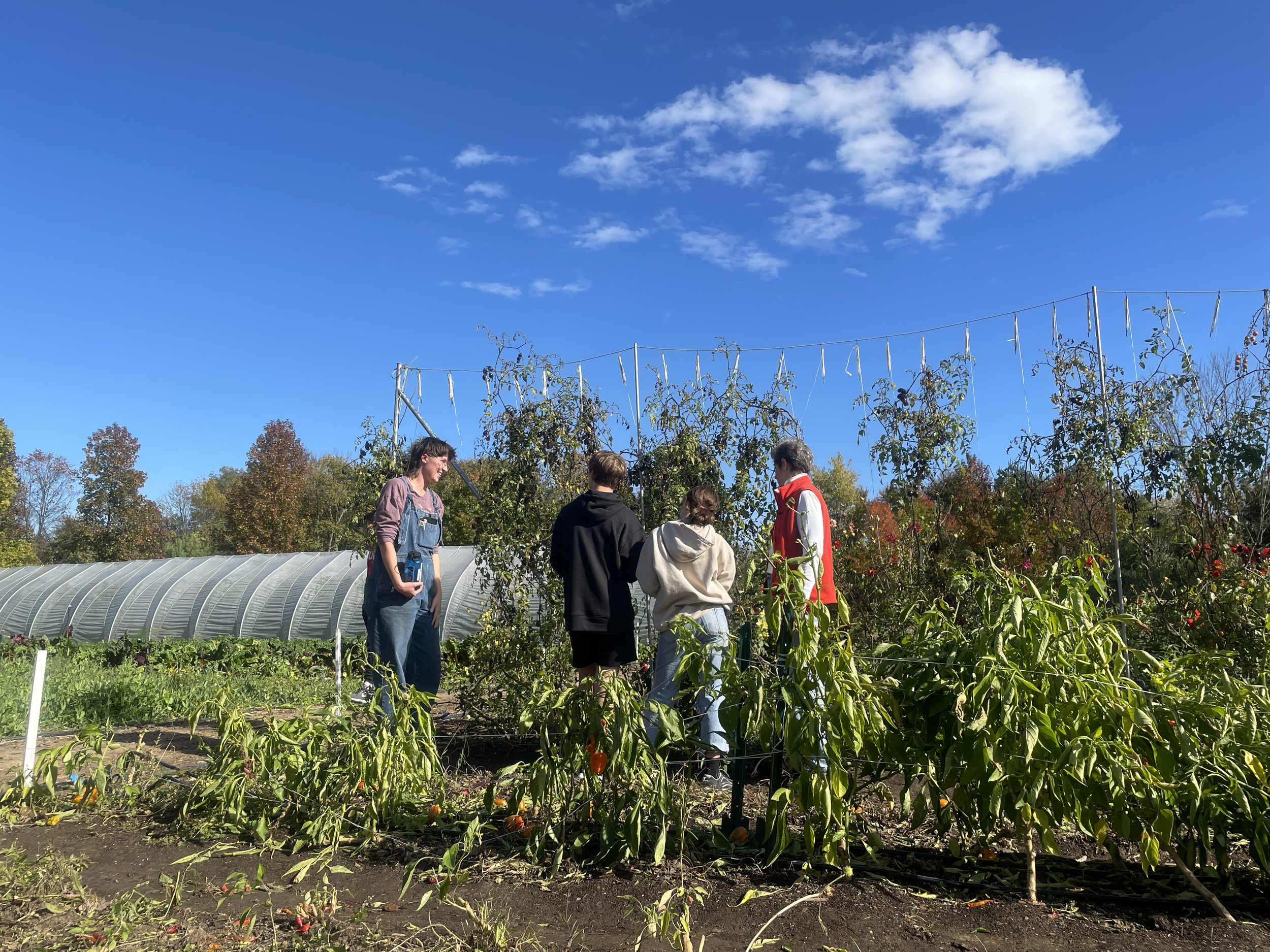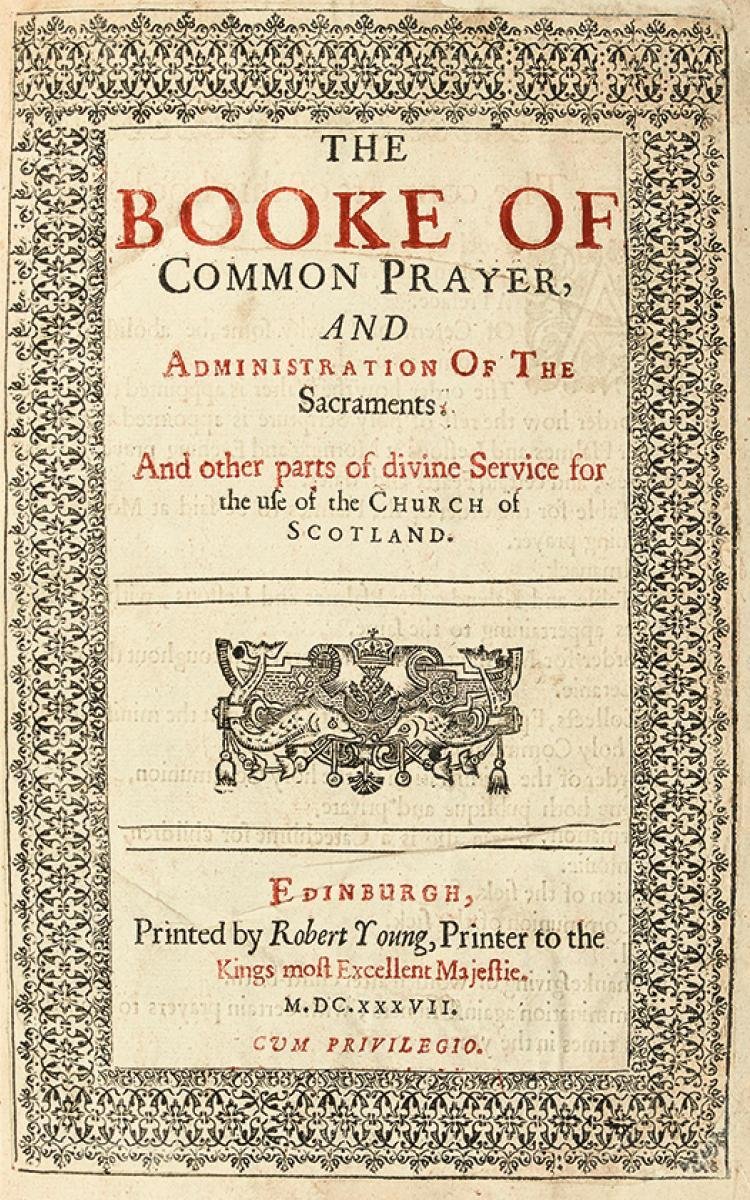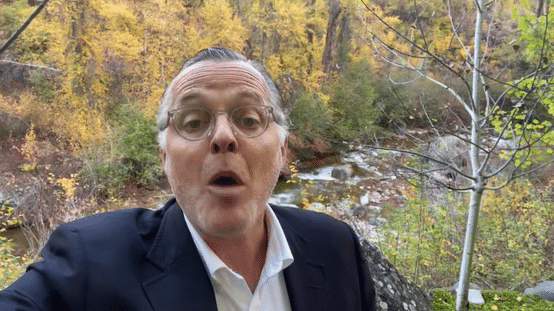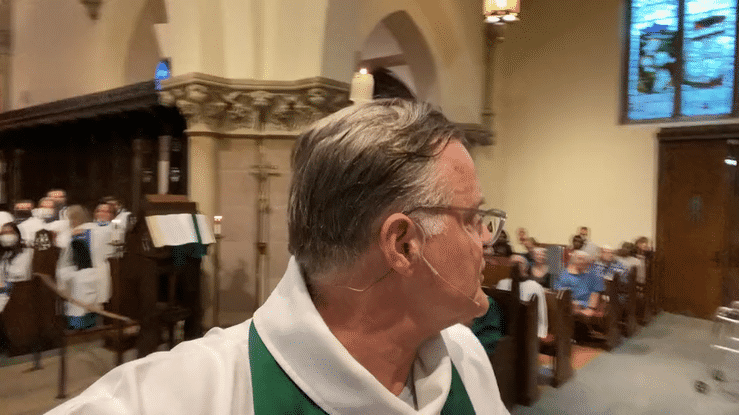The weather was picturesque on Sunday afternoon, October 16. It was one of those glorious fall days when everything sparkles in the slanting golden light. That was the day Trinity’s Youth Group took a field trip to the Farminary. What is the Farminary, you ask? Well, it’s the name of Princeton Theological Seminary’s farm, where students can combine theological learning and reflection with a sense of place and ecological education.
The best way to get a full sense of the Farminairy is to visit their website.
When the fourteen of us arrived, Brendan and Jack, our hosts for the afternoon, met us by the barn. They are both PTS students who work at the Farminary. After a round of introductions, Jack invited us to look around and notice —notice the sounds, the smells, the light, the breeze, the pond surrounded by cattails, birds circling overhead, colorful flowers, green grass — and the quiet. In moments we changed from feeling a bit awkward in this unfamiliar place to feeling curious about what was just beyond the wild apple tree we were sitting under.
Brendan led us to the garden. On the way, we passed by a long mound of compost, made of woodchips, food scraps, and leaves. He dug down into it so we could see and feel how the decomposition of this organic heap got steaming hot. We could smell its aroma of really good, rich dirt.
Venturing into the garden, we snacked on emerald green arugula fresh from a bed of four week old greens, plucked velvety green beans off vines climbing up poles, chomped on radishes and turnips freshly pulled out of the dirt, and delighted in the sweetness of purple and gold kumquat tomatoes, and the bitterness of red chard. The abundance of crops and the plenty of nature made us wonder why anyone goes hungry in the United States.
If only we would provide, share, and distribute fairly. Our young people recognize this is a problem they will one day have the power to solve.
We made our way through the trees into an open field, home to the chicken coop.
Fun fact: If you ever go to Jammin’ Crepes on Nassau Street, you might have Farminary eggs in your crepe! Brendan introduced us to the flock, as he expertly caught and picked up a chicken. The trick, he said, is to walk up behind the bird and hold its wings to its sides as you lift. Suddenly twelve teenagers stepped over the fence, into the chicken coop enclosure, to give it a try! The chickens had mixed feelings about our enthusiasm.
Before we knew it, almost two hours had passed!
We walked back to the circle of chairs where we had started. As we snacked on apples, we talked about the creation story in Genesis. The idea that humans were made by God out of dirt inspired our thoughts differently after exploring the farm.
Back under the wild apple tree we wondered about the full quadrant of the garden that was growing what looked like only weeds. Jack explained it was actually cover crop—that part of the garden was already resting for the winter. Even the soil needs rest in winter, and rest from growing certain kinds of crops, to avoid depletion. We reflected for a moment on the sacred need for rest, that God rested on the seventh day, and that we must all rest or we cannot grow.
What stands out for all of us in the Youth Group, when we think back on that lovely October Sunday, was how restful and calm the afternoon had been. Our hosts graciously shared their love of the farm, their joy of growing things, and their stewardship of Creation as a reflection of their devotion to God. With an easy pace and contemplative approach we soaked in what the Farminary had to teach us about God and ourselves as creatures, as individuals, and as a group.
We want to go back and visit again. We’ll let you know — we’d love you to join us!



























































